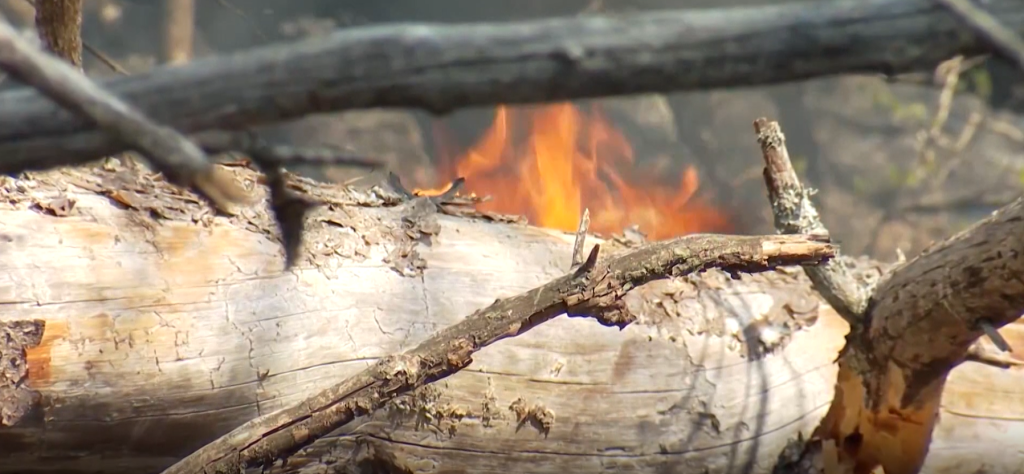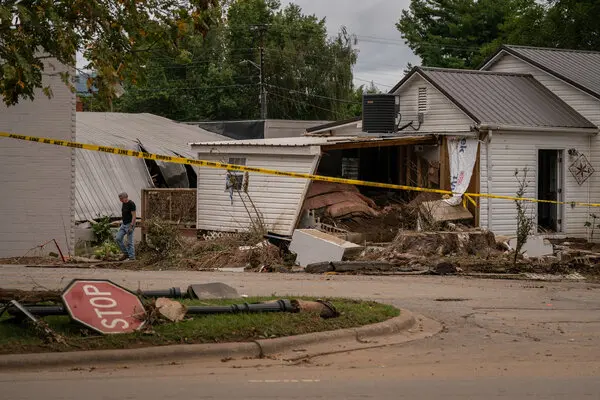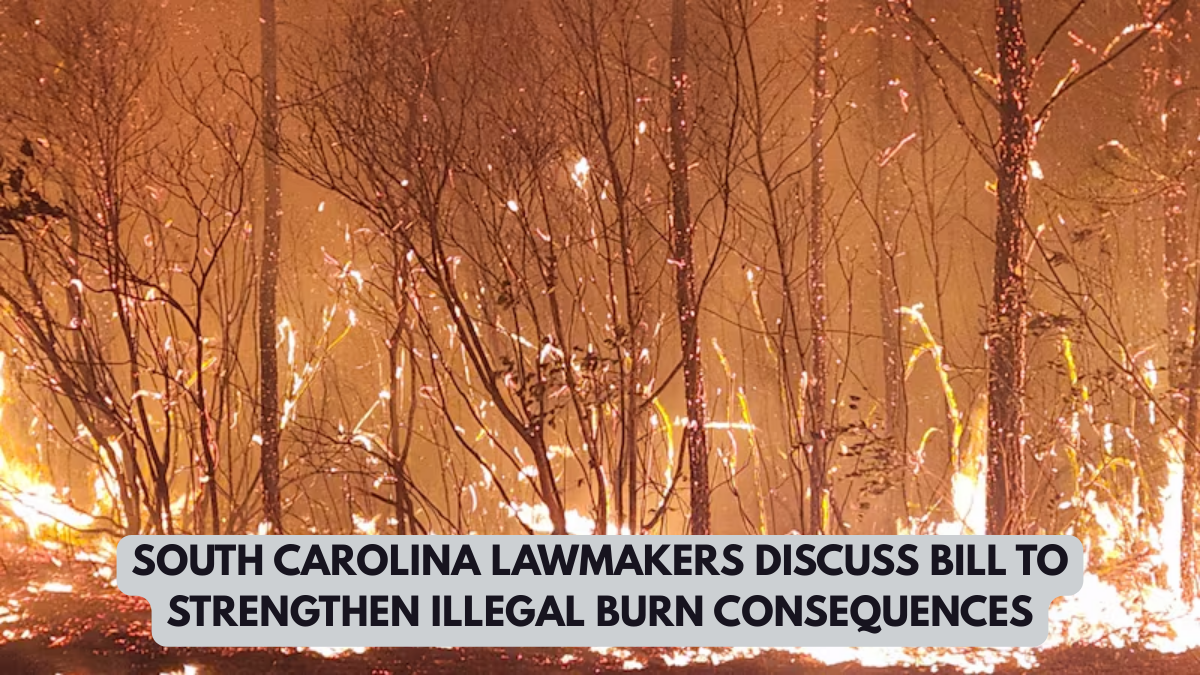COLUMBIA, S.C. – April 15, 2025 – In response to a surge in wildfires and growing concerns over environmental and public safety, South Carolina lawmakers are taking significant steps to tighten the laws surrounding illegal outdoor burning. Proposed and recently passed measures aim to broaden the state’s burn ban authority and introduce harsher penalties for violators, as state officials work to prevent future wildfire disasters like the 2016 Pinnacle Mountain Fire.
A Legislative Push for Stronger Burn Laws
House Bill 3719, signed into law by Governor Henry McMaster in May 2024, marked a pivotal move toward expanding South Carolina’s wildfire prevention efforts. The legislation now allows burn bans to cover more than just debris burning. It extends restrictions to campfires, bonfires, and other recreational flames—a notable gap in the state’s previous legal framework.
“By including campfires under burn bans, we’re plugging a dangerous hole in the law,” said a spokesperson for the South Carolina Forestry Commission. “It’s not just about property damage—it’s about lives, health, and our environment.”
The bill also raises fines significantly. First-time violators can now face fines up to $200, while repeat offenses carry penalties of at least $500. Lawmakers say this shift is meant to deter careless burning and promote public awareness of fire safety protocols.
Sparked by Tragedy

The legislative change follows years of pressure from environmental agencies and fire safety officials, especially after the 2016 Pinnacle Mountain Fire—the most expensive and extensive wildfire in Upstate South Carolina history. Originating from an escaped campfire, the blaze scorched over 10,000 acres in Pickens County and cost millions in containment efforts and damage.
“We’ve learned some hard lessons,” said Governor McMaster. “Wildfires like Pinnacle Mountain are a sobering reminder of what can happen when laws aren’t strong enough.”
Emergency Measures in 2025
In March 2025, as dry weather and high winds fueled dozens of wildfires across the state, Governor McMaster issued a statewide burn ban, warning that violators could face jail time.
“If you set a fire during a burn ban, you will go to jail,” the governor stated firmly during a press briefing. “This is about protecting our people and our land.”
The proclamation was backed by the South Carolina Forestry Commission, which deployed emergency crews and aircraft to contain the fires. These agencies continue to monitor and enforce compliance with burn restrictions.
Details about active burn bans and fire safety tips can be found on the SC Forestry Commission’s Fire Information Page.
The Law on Illegal Burning
South Carolina law already considers willful burning of another person’s property a felony. According to Section 16-11-170 of the South Carolina Code of Laws, violators may face up to five years in prison or a fine of up to $5,000. Attempted arson carries even steeper penalties—up to 10 years imprisonment or $10,000 in fines under Section 16-11-190.
However, experts argue that enforcing these laws consistently is key.
The South Carolina Forestry Commission has been urging local magistrate judges to impose meaningful penalties. In a 2011 appeal, the Commission revealed that over half of the wildfires during the previous fiscal year were entirely preventable, largely caused by careless or illegal burning practices. Read their full appeal on WMBF News.
Environmental and Health Concerns
Beyond property loss and injury, open burning poses significant health and environmental threats. The South Carolina Department of Environmental Services (DES) warns that smoke from outdoor burning can release toxic pollutants like carbon monoxide, nitrogen oxides, and fine particulate matter—all of which can aggravate respiratory conditions such as asthma or COPD.
Burning household trash, plastics, or treated wood is strictly prohibited under state regulations and can result in civil penalties. More guidance is available on the DES Open Burning Rules Page.
The department emphasizes the importance of using legal disposal methods like mulching, composting, or county-approved waste drop-off facilities.
A Call for Public Cooperation
While the new laws and enforcement strategies are seen as a major step forward, state officials continue to emphasize personal responsibility.
“Legislation is only part of the solution,” said a Forestry Commission spokesperson. “The public must remain vigilant, especially during high-risk seasons.”
To prevent wildfires:
- Always check for active burn bans before starting a fire.
- Never leave a fire unattended.
- Avoid burning during windy or dry conditions.
- Keep water or fire extinguishing tools nearby.
Conclusion

South Carolina’s lawmakers are demonstrating a clear commitment to addressing the rising threats of wildfires and illegal outdoor burning. With enhanced penalties, expanded burn bans, and renewed public safety campaigns, the state hopes to reduce preventable wildfires and protect its communities, landscapes, and ecosystems.
For the latest updates on fire restrictions, public safety advisories, and environmental regulations, residents are encouraged to visit the South Carolina Forestry Commission and the Department of Environmental Services.


